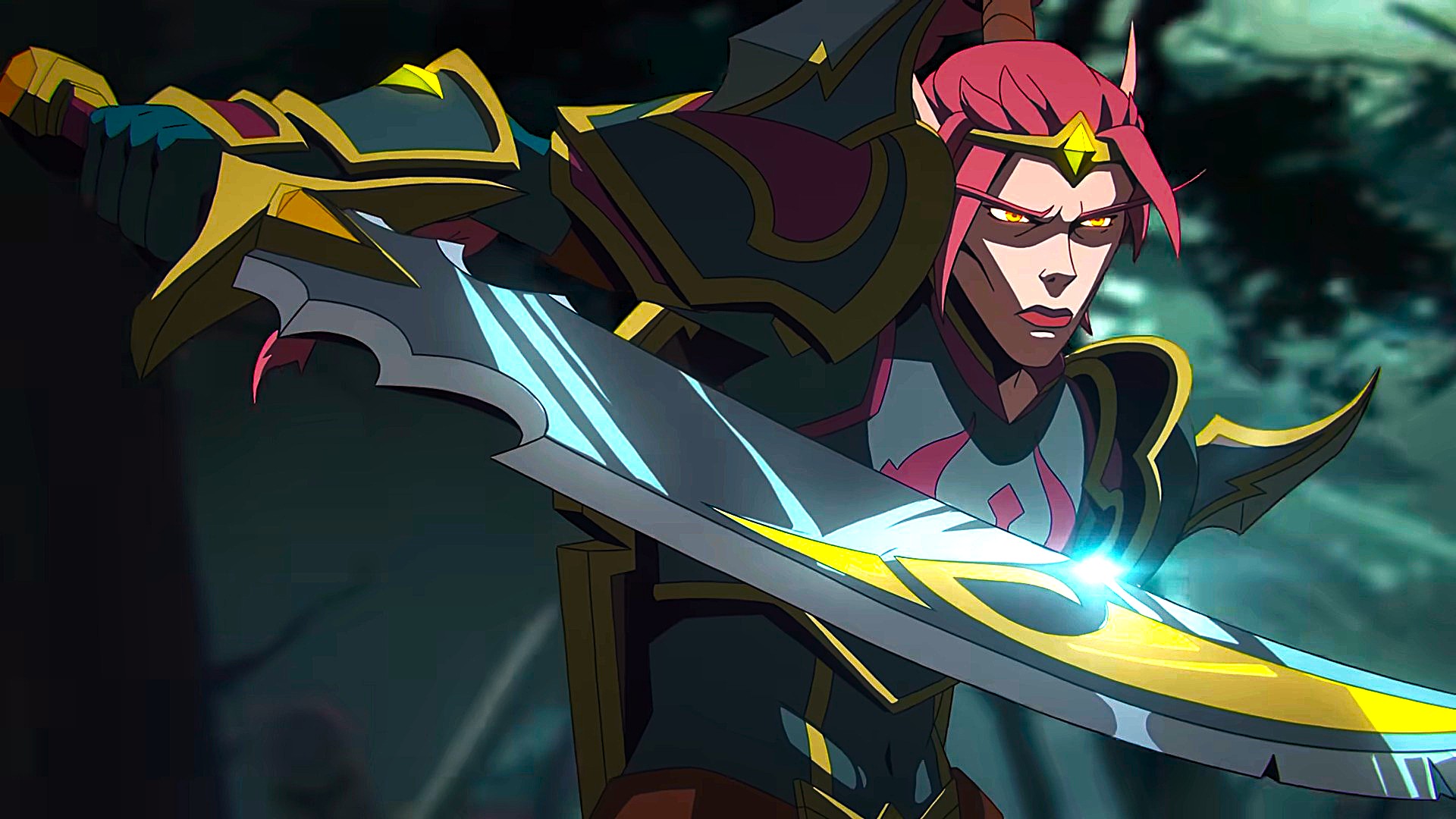Looking Backwards: Praising the Xbox One's backward compatibility
Now that the dust from E3 2015 has settled, many of us have begun the long wait for the holiday season. Games like Fallout 4, Halo 5 and Rise of the Tomb Raider were heavily showcased, but there's one E3 announcement that everyone's still talking about.
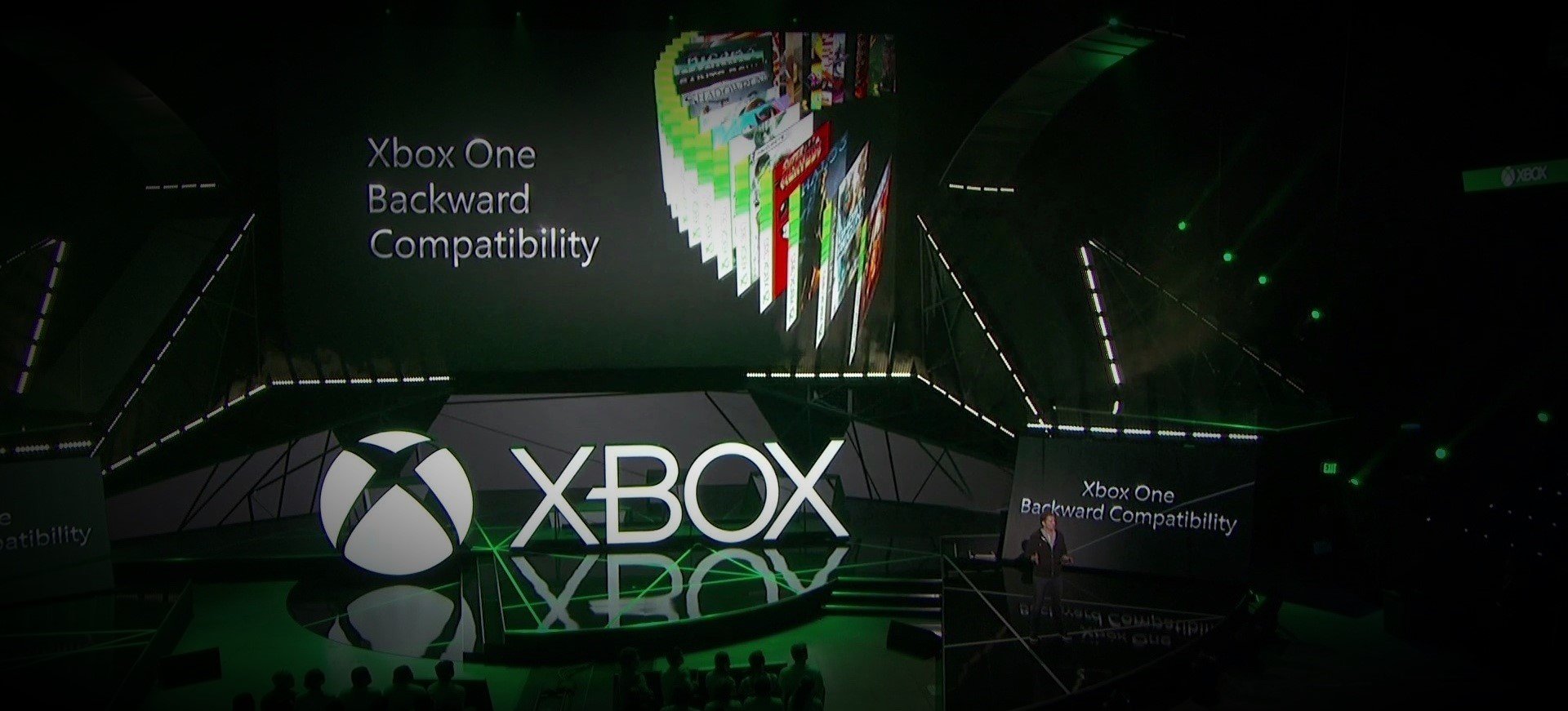
All the latest news, reviews, and guides for Windows and Xbox diehards.
You are now subscribed
Your newsletter sign-up was successful
The summer is typically thin for game releases as many publishers hold off for the holiday season. Heavy hitting game news waits for E3 and Gamescom and the hype trains lull as marketing teams shift their focus until after the summer - since some gamers braver than myself actually, like, go outside.
There is one snippet of E3 news that continues to make headlines, continues to be scrutinized and discussed. It is the bombshell of Xbox One's backward compatibility with Xbox 360 games - a feature that I believe will come to shape the console war in the months and years to come.
Looking backward
In the console space, Sony is Microsoft's only major competition, and so far the PS4 has trounced the Xbox One in terms of sales. The PS4's market share is upwards of 70% in Europe, which represents a major shift from the previous generation. The Xbox One reveal was obscured by revelations that it would be more expensive, and that Xbox One games would ship with Digital Rights Management (DRM). The news put the PS4 ahead by leaps and bounds in terms of public relations. This is especially true in Europe, where the PS4 launched far earlier than the Xbox One in several territories.
The thing is; the vast majority of gamers don't read up on gaming news or engage in Twitter console wars on an active basis. The word-of-mouth is an unsung hero (or villain) in marketing, and it's a difficult beast to control. I do I.T. for schools, and anecdotally, I still have students tell me that the Xbox One can't run used games, and can only run in 720p. Still, millions of these same people are still clinging to the last gen, and the argument to Jump Ahead may be a tough sell for those who still have dozens of Xbox 360 games.
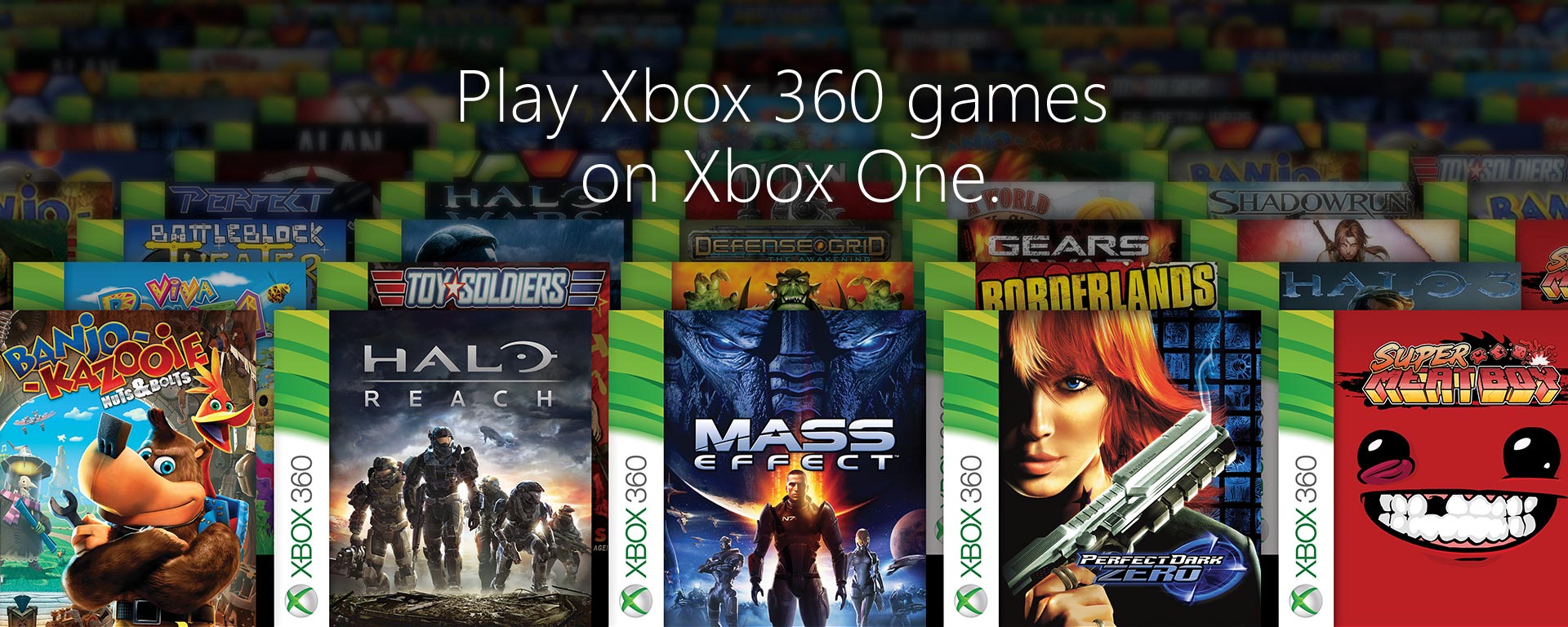
Backward compatibility has a wide, wide range of benefits across the board, but the biggest for Microsoft is that it adds incentive for past gen holdouts to go green instead of blue. If Microsoft advertise this feature properly, the common-sense purchase argument for millions of Xbox 360 owners will shift from "the Xbox One can't do 1080p" to "the PS4 can't run my Xbox 360 games". This is an easy and powerful narrative casual fans like my company's school students can get behind.
Beyond casual fans, backward compatibility is a powerful differentiator between two systems that are largely the same. Both consoles run apps, both have fees for multiplayer, and both run all the latest and greatest games (exclusives notwithstanding). As a result, most discussions between owners always boil down to resolution. Former Xbox 360 fans who felt slighted by the Xbox One's launch policies and exaggerated resolution issues may consider coming back over to the green side, 360 collection in tow.
Nostalgia is a powerful marketing tool. Sony's E3 conference won a ton of praise for Final Fantasy 7 and Shenmue related announcements, and Microsoft's response should be holiday marketing that features hundreds of beloved 360 titles of yesteryear. Free to use, all native, and with a perpetually expanding line-up. Make no mistake, backward compatibility is a killer-feature.
All the latest news, reviews, and guides for Windows and Xbox diehards.
180 to 360 - Getting Xbox back into the retailer's favor
As mentioned earlier, the Xbox One's launch Digital Rights Management (DRM) policies were somewhat ill-received. Beyond the supposed moral outrage of trying to help publishers siphon money from brick-and-mortar retail, many had legitimate concerns over how used games would work on the Xbox One.
Microsoft's Xbox One DRM model was complex to explain succinctly, particularly in marketing. Essentially, each disk would come with a digital license and a physical license. When you installed the game from the disk, you'd be able to access the game from anywhere providing that particular disk wasn't installed on another console. If you sold the disk, the license would transfer to a new console, but there was a limit on the number of times a disk would be transferrable. If you wanted to trade in a game that had already been transferred once, you'd have to do it via "participating" retailers, who had the ability to unlock the disks for re-sale. What a mouthful.
There was a great deal of uncertainty about this system from both fans and investors. Some speculated that retailers would pass on the cost of unlocking Xbox One disks to consumers. One of the benefits of the DRM was to allow gamers to pool their licenses with up to 10 people, but it was poorly communicated. Microsoft spent the majority of their time defending the policy rather than explaining the benefits. Sony capitalized on the convoluted messaging with a now-infamous YouTube video sarcastically explaining you can share PS4 games simply by handing them over.
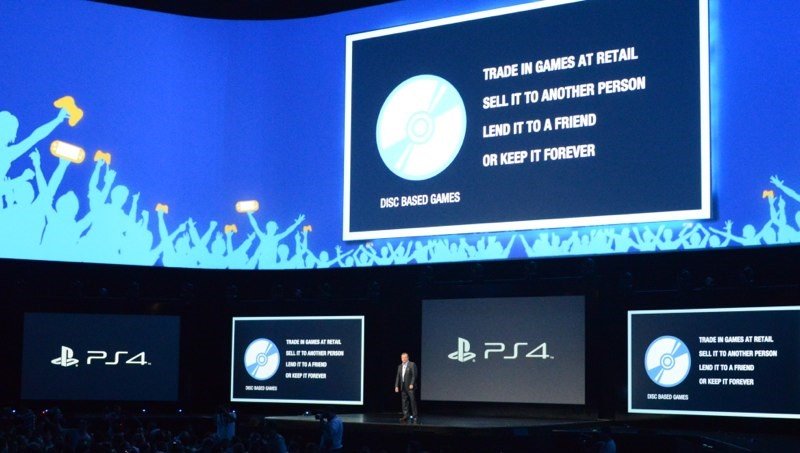
Consumers were outraged, but arguably it was retailers who had the most to lose. Despite arguments that used game sales harm the industry, they're a brick-and-mortar retail store's bread-and-butter. Reselling the same disk over and over at a marked-up price essentially creates money out of thin air. There's little doubt that some used games might pass through the same retail store multiple times. Each transaction generates free cash for those embattled companies, who face increased competition from the likes of Amazon.
Microsoft had removed the DRM before the Xbox One hit the shelves. Powerful retailers like Gamestop weighed in their delight:
..."GameStop welcomes today's announcement from Microsoft about changes in functionality for its next-generation console, the Xbox One. This is great news for gamers, and we applaud Microsoft for understanding consumers and the importance of the pre-owned market."...
Gamestop and other retailers that rely on used game sales saw their share prices damaged by the Xbox One's used games policies. There were anecdotal reports that Gamestop planned to limit orders of Xbox One units because of the DRM's potential damage to their earnings.
Whether or not retailers pushed PS4 over Xbox One in the early days is hard to verify. But, at the very least, Microsoft have taken their used games 180 to a full 360 - creating new retail opportunities for those companies it irked during the launch.
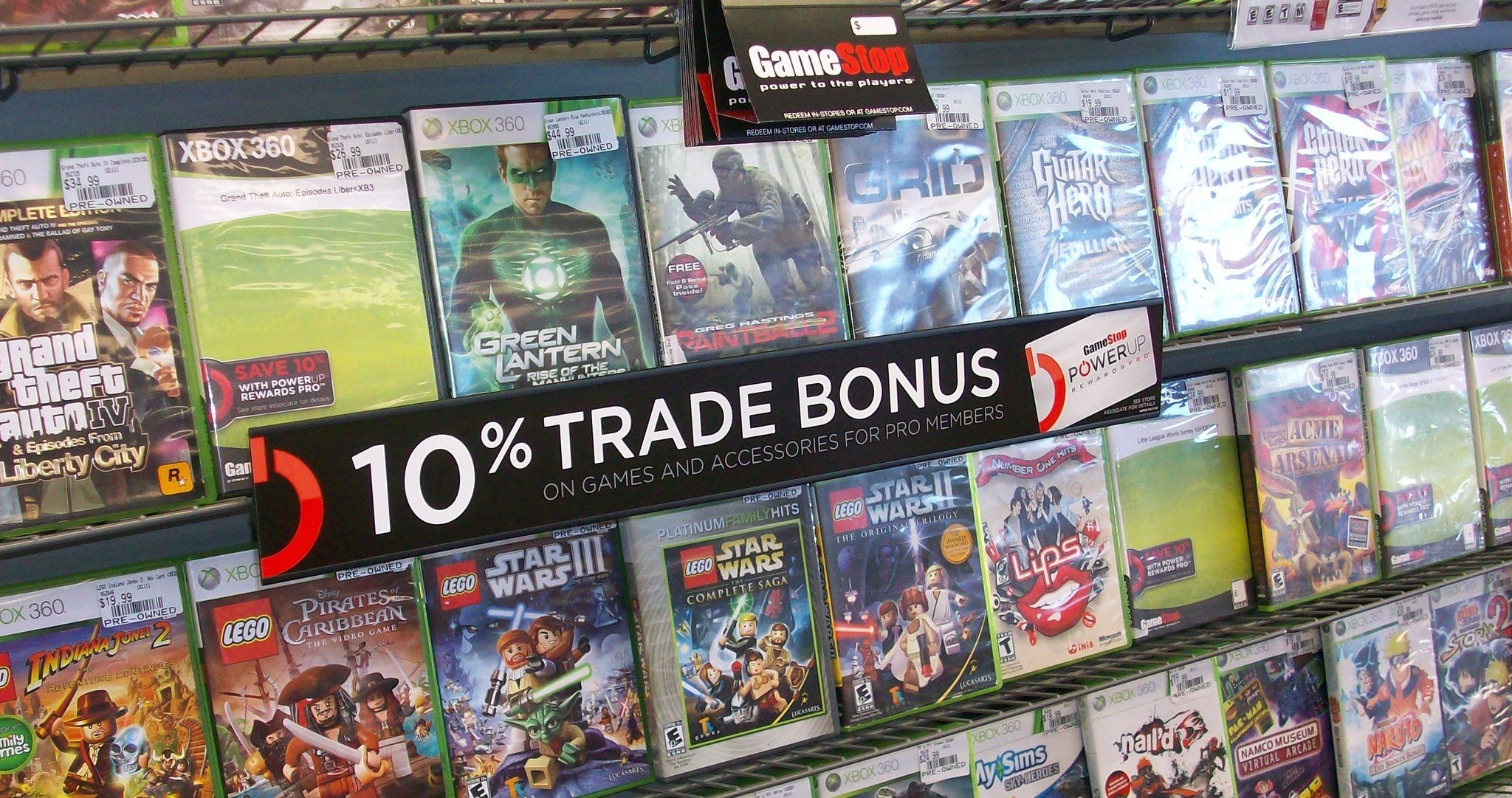
Sony's solution for backward compatibility is the expensive Playstation Now service, which streams digital titles you may already own over the internet. Conversely, the Xbox One uses native emulation, meaning that all those Xbox 360 disks you have tucked away will still work. And hey, if you're a curious younger gamer who might've missed out on Mass Effect Andromeda's predecessors, you'll eventually be able to go and pick up Mass Effect 1, 2 and 3 from your local Gamestop on the cheap, and run them all on your Xbox One.
Gamestop director of merchandising Eric Bright praised Xbox One's backward compatibility. These statements signify a turning point for relations between Xbox and physical retail:
"Microsoft, at this E3, decided to introduce backward compatibility into their system. That's obviously something people are looking for, and GameStop will be ready, whether you're looking to purchase Xbox 360 games or trade yours in, we'll be there.""I think it breathes whole new life into Xbox 360 games that possibly consumers may not have thought about before. A huge catalog of your favorites will be available on the Xbox One."
A "huge catalog of favorites" indeed, that can feature in Gamestop used game sales, EA Access, Xbox One digital sales, exclusive bundles, etc. Backward compatibility opens up a whole new market opportunity for brick-and-mortar retailers as well as publishers who want to sell their 360 catalogs through the Xbox One store.
Most importantly, backward compatibility gives used-game retailers an incentive to push the Xbox One because the potential earnings on backward compatible titles will be larger. GAME UK already have a section dedicated to pre-owned Xbox One compatible 360 titles, and it's only going to grow.
Xbox One might've fallen out with brick-and-mortar retailers in the past, but nothing mends friendships like cold hard cash.
Various other backward benefits
I've already touched on some of the other benefits of backward compatibility, but here's a collection of other potential boons:
The backward compatibility vote could help developers gauge interest in dormant franchises
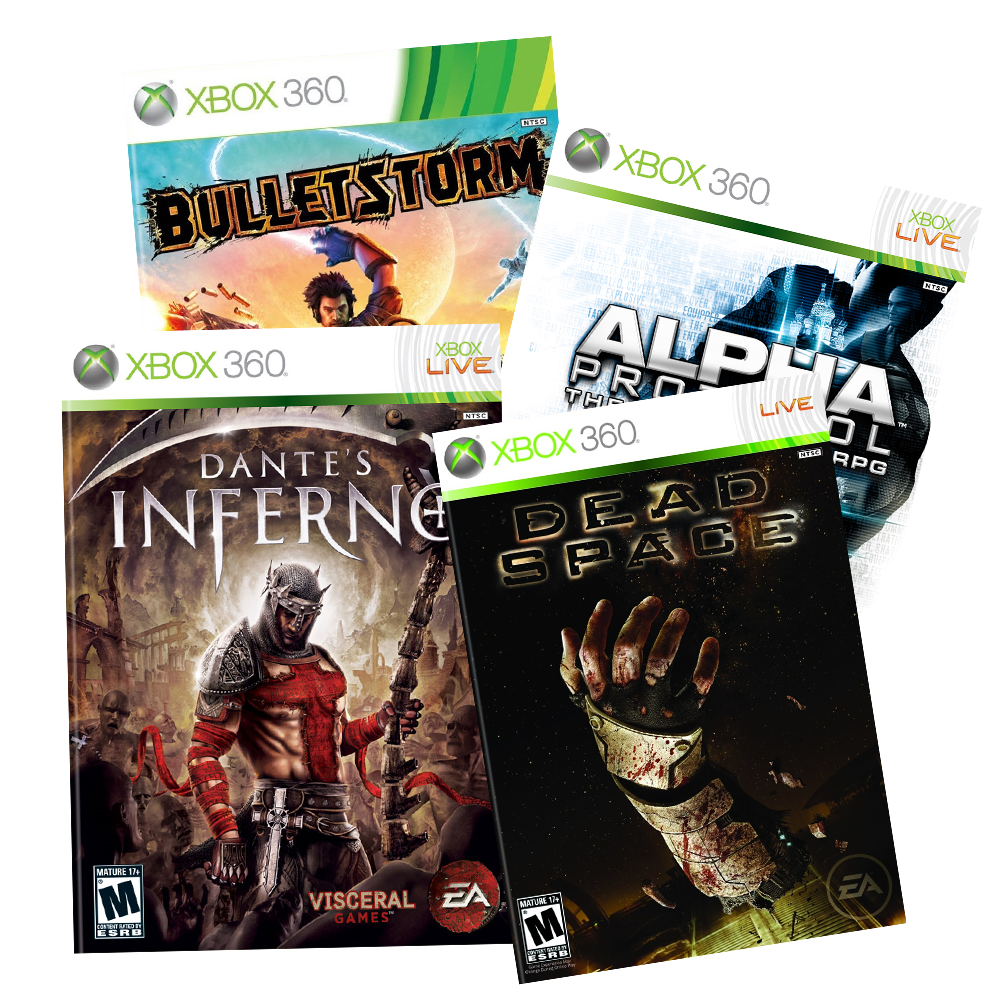
The Xbox backward compatibility Uservoice page allows users to vote on games they want to see hit the program first. As a result, some franchises that might've not done so well at launch could enjoy new life on Xbox One.
Alpha Protocol, Bulletstorm, and Dante's Inferno all have a surprising amount of votes for backward compatibility, despite perhaps not reviewing as highly as necessary for a prolonged existence (Bulletstorm 2 would be awesome!). If a franchise sees lots of votes, at the very least it lets developers know there's plenty of interest. I wouldn't bet on Alpha Protocol 2 ever seeing the light of day though.
Selling digital 360 titles on Xbox One will generate additional income for developers
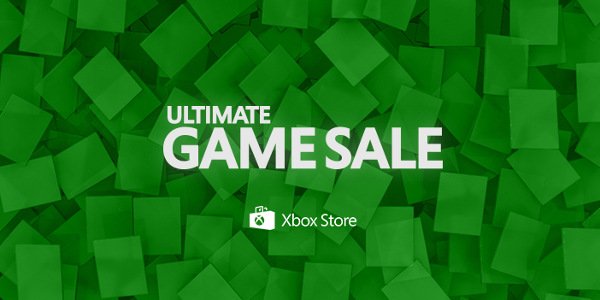
As mentioned above, publishers will be able to sell their back-catalogues directly on the Xbox One as more and more of us make the switch to the newest generation. I've seen some commentators state that publishers would never agree to have their older games on Xbox One; this couldn't be further from the truth. Simply by having their 360 games available on the Xbox One store, publishers will generate new revenue.
Ubisoft head Yves Guillemot praised backward compatibility during a financial call, referring to the program as "good news for the industry". Guillemot also noted that Ubisoft's earnings through the program will be "significant" when backward compatibility hits general availability later this year.
..."It's good news for gamers that Microsoft was able to work on the compatibility aspect. They expect to come with 100 titles quite quickly, so that's really good news. It will help some of the brands, like Splinter Cell for us, to come to Xbox One, which is great."...
Those of us who have made the jump will be able to join in with those awesome Xbox 360 digital sales, safe in the knowledge that the purchases may come to Xbox One. Games like Mass Effect 1, 2 and 3 could even head to the EA Access Vault, creating value for the service at very little cost to the publisher. It seems as though Microsoft are doing some of the legwork when it comes to making 360 games compatible with the Xbox One, so green-lighting older games for the program is a win-win situation for both publishers and consumers.
Definitive Editions and remakes will actually have to be Definitive Editions and remakes
Extra cash for developers is great, but some of these so-called "HD remakes" are very gratuitous. Capcom recently stated that they were targeting remakes specifically, following the success of Resident Evil's re-release on Xbox One. As more devs look to generate extra cash from porting over their older games, hopefully backward compatibility will further incentivize the need to actually add stuff to their Xbox One versions - or at least price them more fairly.
Square Enix's Final Fantasy Type-0 HD added virtually nothing from its PSP counterpart and shipped as a fully priced title. Where possible, developers might as well just send their 360 counterparts to Microsoft to be added to the backward compatibility line-up - rather than going through the costly measures of retrofitting 360 games for Xbox One.
The Xbox Store will be pre-installed on every single Windows 10 computer
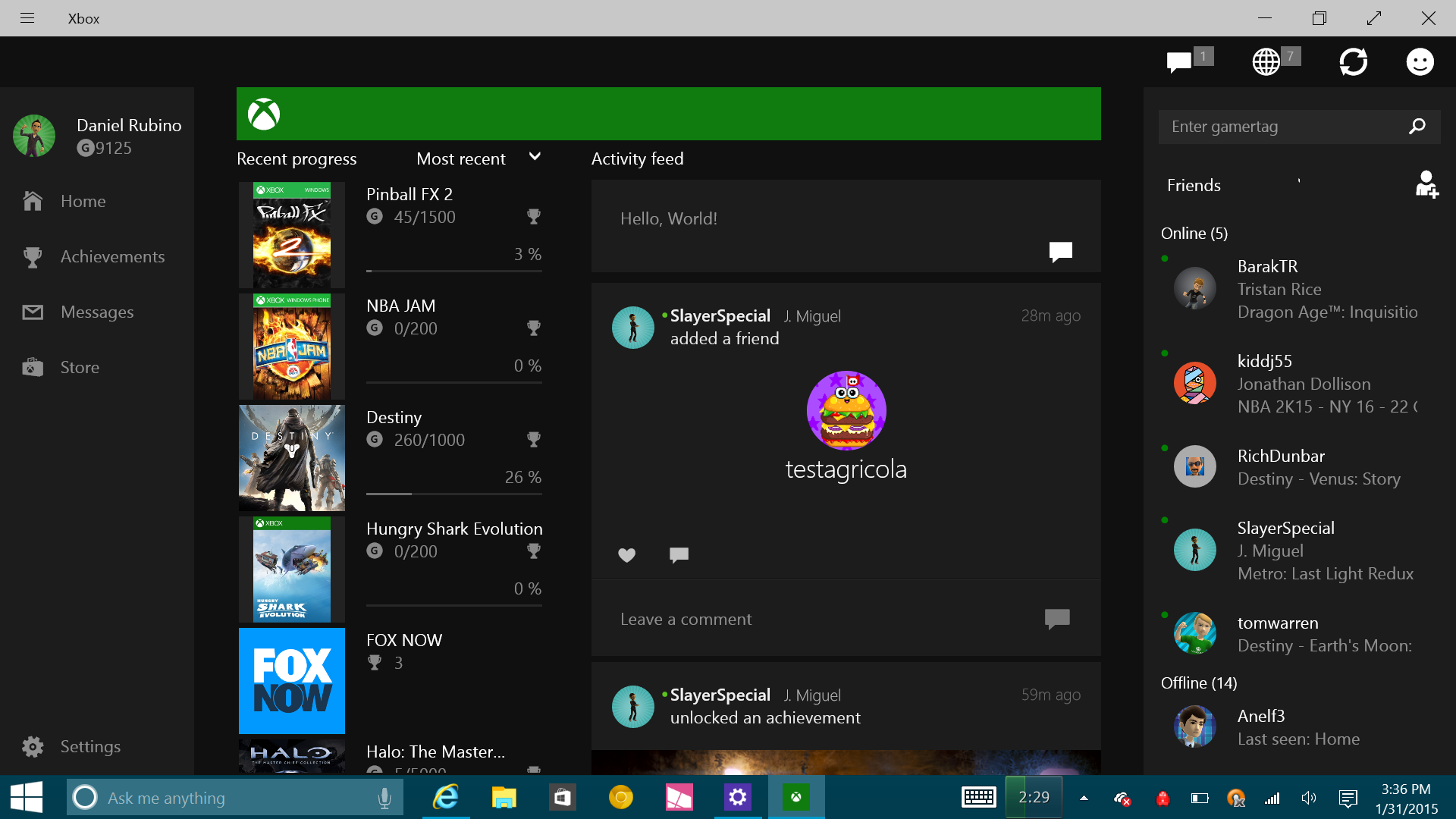
Steam Sales anyone? I picked up Mass Effect digitally for Xbox One backward compatibility because it was £3 in a sale for the convenience, even though I already own the disk. I'd bet my Gamerscore that hundreds of others did too.
By adding Steam-like features to the Xbox app for Windows 10, throwing in thousands of pre-existing titles creates the prospect of awesome sales of older games. Populate that live tile with "Red Dead Redemption (Xbox 360 / Xbox One) now on sale" and I'm betting a fair few people will throw money at the screen.
Ultimately, it shows that the Xbox team truly care about its fans
Nobody expected backward compatibility to become an issue in this generation. Xbox head Phil Spencer himself stated that they weren't sure if it was possible, and Sony have acknowledged that the announcement took them by surprise. The software engineering fortitude of Microsoft is arguably unmatched, and they've put that expertise, time and money to address one of the most highly requested (and unlikely) features on the Xbox One's uservoice page.
Simply, fans asked for backward compatibility, and Microsoft delivered. Now it feels like any of the requests on the Xbox Uservoice page could be on the table. Native support for Oculus Rift? All upcoming Xbox 360 Games with Gold for backward compatibility? Mouse and keyboard support? Microsoft buy Capcom?! Okay, perhaps that last one is a little out there, but I don't know what to believe anymore.
Like Windows 10, the Xbox One truly feels like a crowd-sourced development project we're all involved in. Backward compatibility is an extension of the sentiment that sees Microsoft execs like Phil Spencer and Gabe Aul directly engaging users on Twitter. If positioned properly for its autumn release, backward compatibility shows Xbox 360 owners (whether they switched to PS4 or remain undecided) that their games will have a life on Xbox One. It adds a powerful differentiator in an argument that has too often boiled down to "1080p".
Backward compatibility proves that the Xbox One has grown far beyond its divisive beginnings - and the management behind it has too.
Check out our first look at backward compatibility in the video below

Jez Corden is the Executive Editor at Windows Central, focusing primarily on all things Xbox and gaming. Jez is known for breaking exclusive news and analysis as relates to the Microsoft ecosystem — while being powered by tea. Follow on X.com/JezCorden and tune in to the XB2 Podcast, all about, you guessed it, Xbox!


